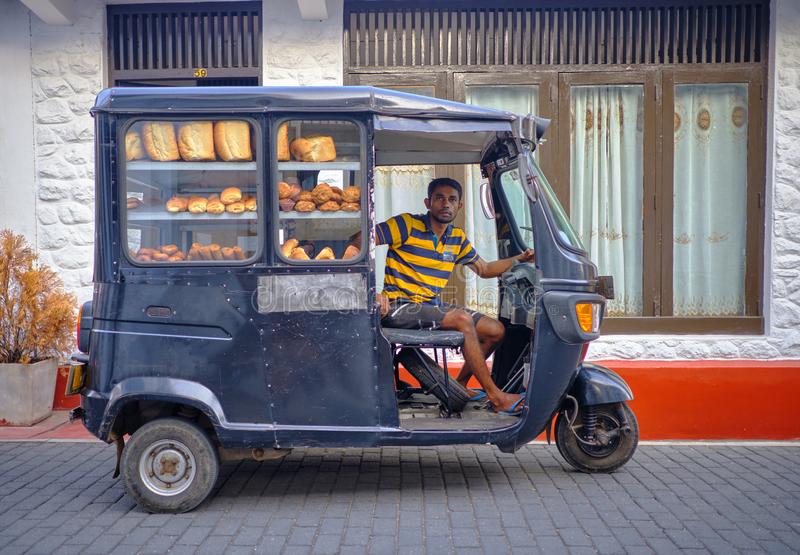The Paan Guy
Sunlight dotted the badly tarred road, in freckles of gold or in splatters of syrup. Leaves floated through the air in crumpled tatters of green and brown as a wind picked up, tousling the surrounding trees and running its fingers through the hair of Sri Lankan women who crowded the pavements.
The market was in full swing even though the numbers on the town hall clock read ten to five. Chickens clucked loudly from behind the bars of their cages, feathers escaping from their plumage of red and white only to be immediately snatched up by the wind. Children dashed past their parents, giggling, small brown hands clutching brilliant orange colored fruits or cellophane bags full of sweets. Amidst their high-pitched peals of laughter, adults haggled over prices in Sinhala, accompanied with a variety of gestures and a scowl: “Here, malli, for the bloody color on that, you better drop a few rupees!” or vendors boasted about the quality of their produce: “Machan, the bloody President buys these narang!” Women in lurid saris poured each other watery brown tea into glass cups, each fervently gossiping about the next door aunty’s children: “Did you hear about the son’s fiancée? Nice girl, fair girl. Good match for the family. Apparently, she can cook the best parippu in all of Colombo!” Bulging sacks of red and green spices emanated piquant smells into the dusty air. Over by a cartoon of bruised bananas, a cracked radio blasted loud Sinhala baila into the surroundings.
The day was slowly ending. Dusk crept over the sky, pressing her lips to the clouds and turning them from gold-rimmed white to indigo and pink. Tuk Tuks swallowed the streets, each carrying exhausted office workers with sweat-stained shirts and worn black slacks. It was time to go home.
A sudden hush draped itself over the marketplace. “Be quiet, nangi, be quiet!” a little boy hissed at his sister, his wide brown eyes searching the streets. Children crowded by the stalls at the end of the market, their chubby hands grasping at the skirts of their mothers, a question on the tip of the tongue. Amidst the instant silence, a series of soft notes rang out: Beethoven’s Fur Elise.
The marketplace exploded into cheers, adults and children alike whooping and clapping with joy as the paan man’s tutkuk appeared at the bend of the road. Suddenly it was not five o’clock anymore. It was not a Sunday evening. Instead, it was time to exchange crumpled twenty-rupee notes for maluu paan and kimbula banis and sit down in plastic chairs with cups of tea and savor the gift of the paan man.
By Kavya Chandrasiri

